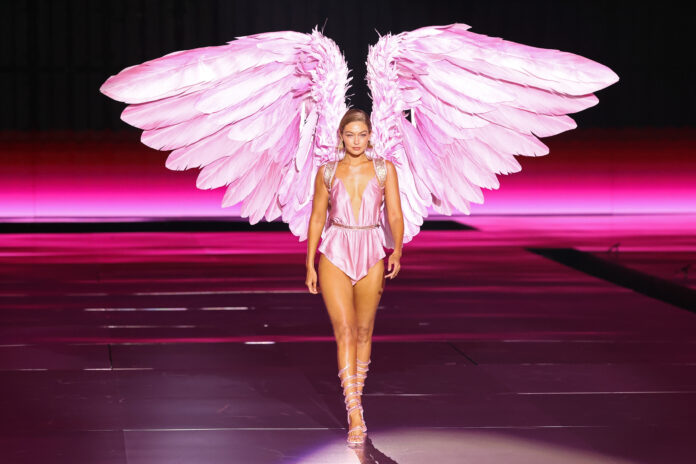On Tuesday night in Brooklyn, a clear message emerged: after a six-year break, the Victoria’s Secret Fashion Show is back, this time with a future shaped by women.
Throughout the evening, the presence of the female gaze was unmistakable, with an all-female musical lineup and a diverse array of models showcasing a mix of sophisticated and, in many cases, more comfortable lingerie—ranging from leggings to sheer coverups, according to CNN.
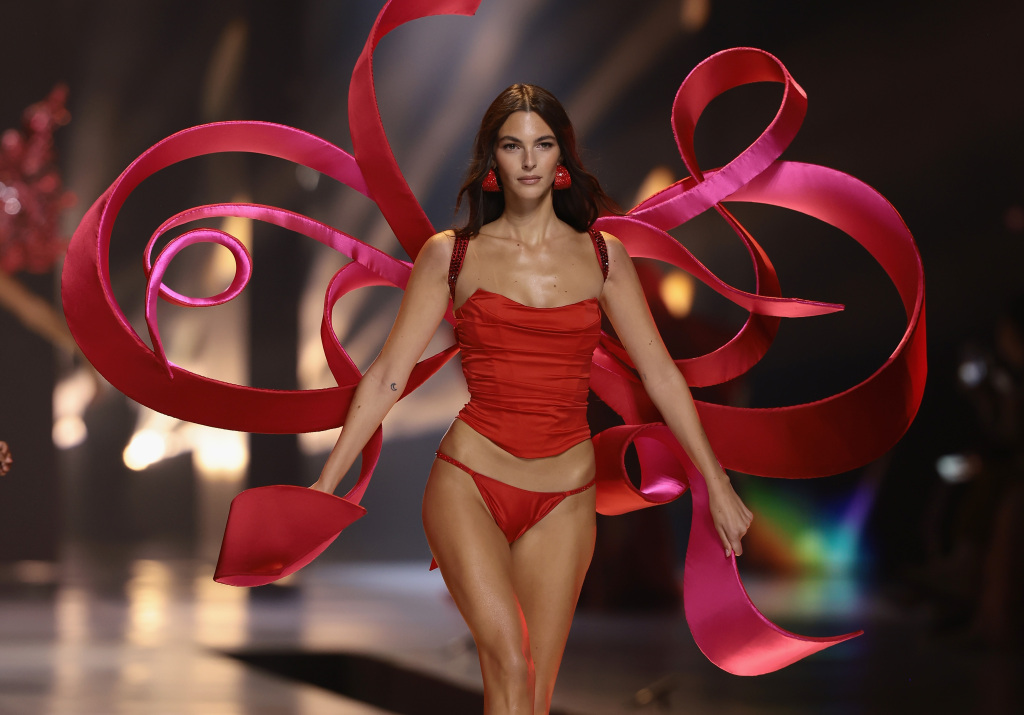
The event kicked off with a performance by Lisa from K-pop sensation Blackpink, and Gigi Hadid ascended from the stage floor on a catwalk reminiscent of both the “Barbie” movie set and an ’80s video game. She and other models sported the brand’s iconic angel wings, now crafted from faux feathers approved by PETA.
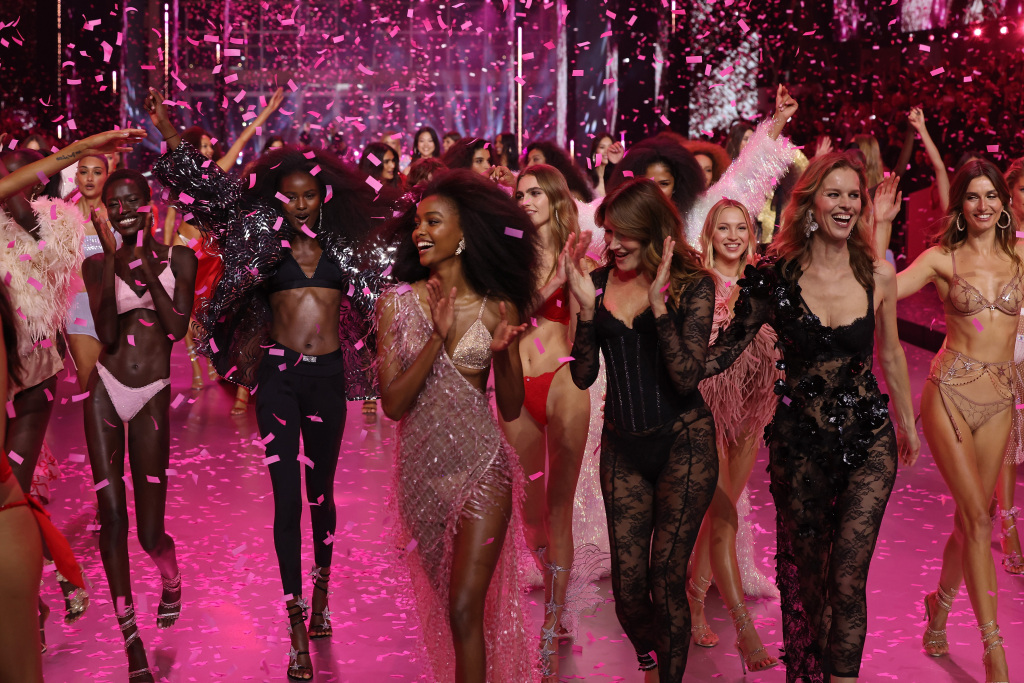
The runway featured more Brown and Black faces than ever before, along with models of various sizes and ages, many wearing natural hairstyles. In a significant debut, Kate Moss, at 50, walked the Victoria’s Secret runway alongside her daughter Lila.
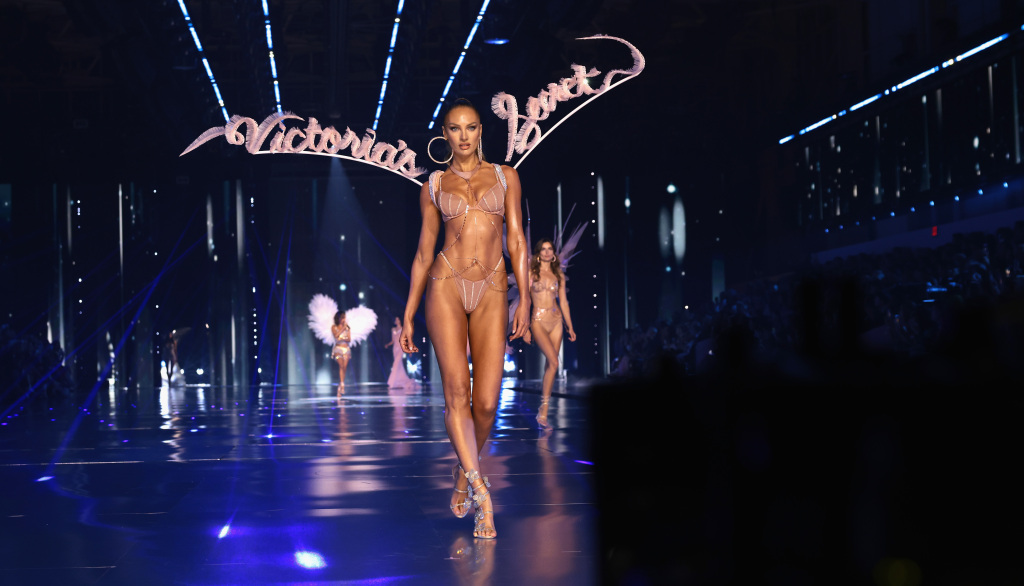
Cher was the undisputed star of the night, delivering a show-stopping performance of “Believe” and “Strong Enough.” Fashion journalist Roxanne Robinson noted to CNN, “The models could have been naked, and no one would have noticed.”
Once a staple of American malls in the 1990s with its “Miracle” push-up bras, Victoria’s Secret enjoyed years of dominance. However, its traditional formula of mostly White, thin models began to falter in the late 2010s as criticism grew over its lack of inclusivity.
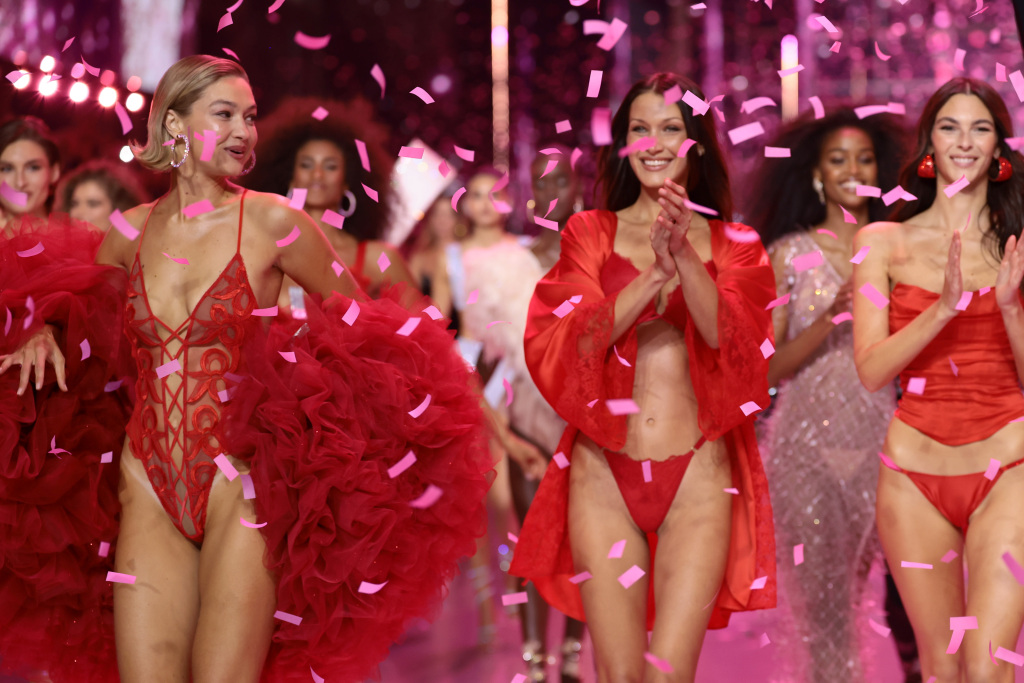
In 2019, following controversial comments from an L Brands executive about transgender and plus-size models, the show was canceled indefinitely. In the meantime, brands like Rihanna’s Savage X Fenty quickly filled the gap, offering inclusive sizing and diverse representation.
A broader attempt to rebrand
Tuesday’s show was part of a broader attempt to rebrand, mixing elements of the iconic show with modern inclusivity. Sarah Sylvester, the brand’s executive VP of marketing, emphasized a return to Victoria’s Secret’s roots, while also aiming to evolve: “Our customer is crying out for the show,” she told CNN, explaining that they’re looking to both honor and refresh their brand.
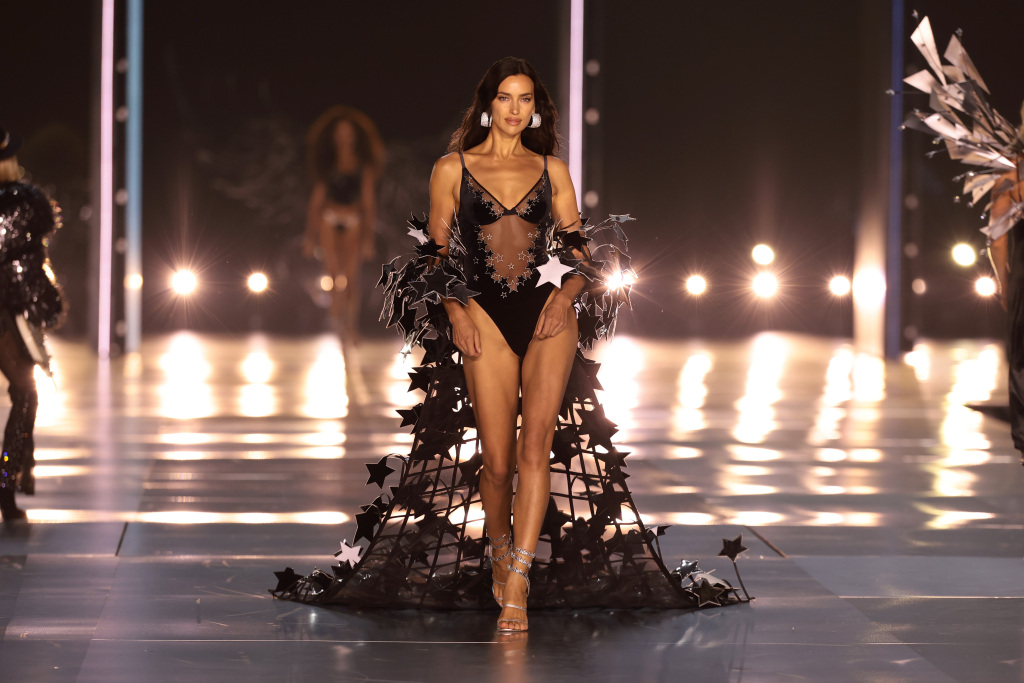
Although some critics question the authenticity of this inclusivity, Victoria’s Secret is committed to responding to consumer feedback. Ashley Graham, a plus-size model, made her debut, telling People that she felt empowered by the brand’s accommodations for her.
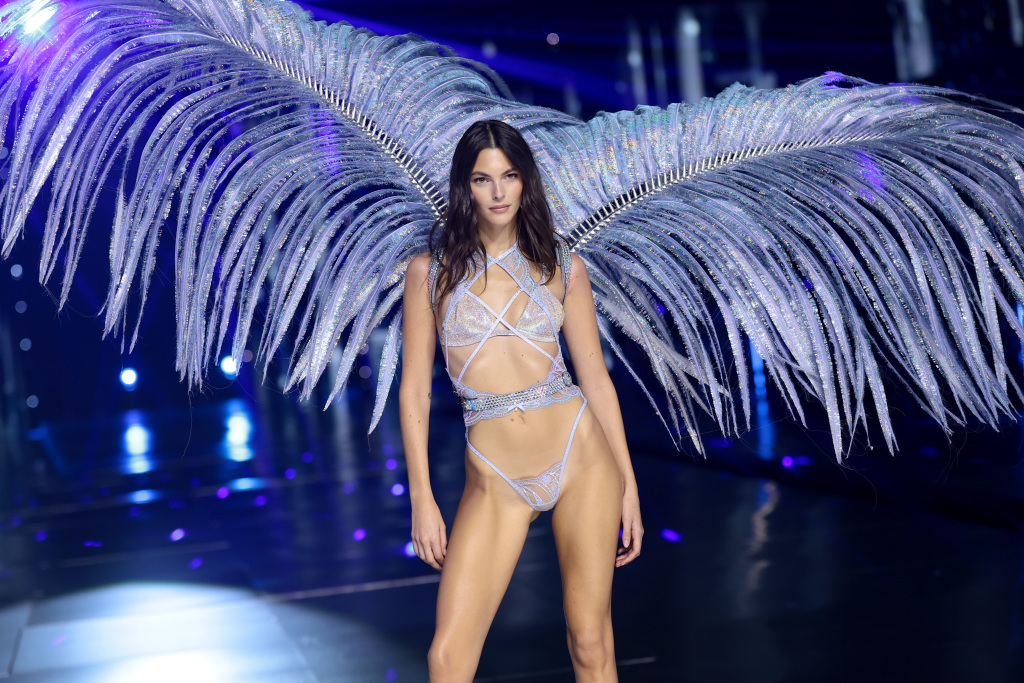
As Victoria’s Secret navigates its comeback, the challenge remains: finding a new relevance in today’s diverse, fragmented landscape. It may no longer command the monocultural influence it once did, but as journalist Lauren Sherman points out, in the age of the internet, success looks very different today. There’s a desire for the brand to regain relevance, but achieving that in a transformed cultural landscape will be its true test.


